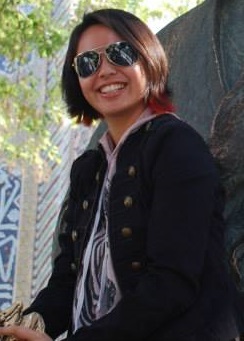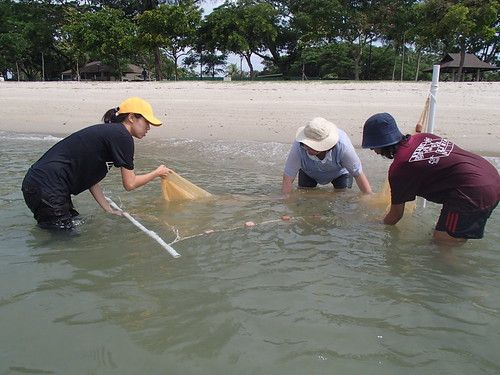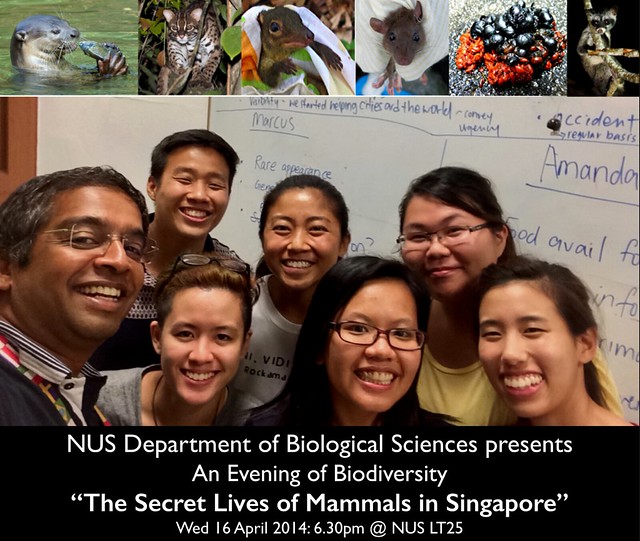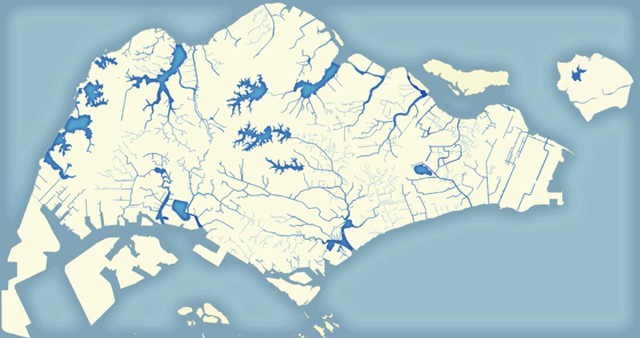Full-time Teaching Assistant (FTTA)
Undergraduate Courses for Life Sciences (Biodiversity and Ecology)
Department of Biological Sciences, National University of Singapore (NUS)
Application Deadline: Friday 23 May 2014
===================================================

The Department of Biological Sciences is inviting applications for the post of Full-Time Teaching Assistant (FTTA) for Life Sciences undergraduate modules, in field of Biodiversity, Ecology and Basic Molecular Biology.
The FTTA will be working as a team with professors and laboratory officers to achieve holistic goals for undergraduate education in NUS. The FTTA must possess familiarity with administration and data management, be digitally competent, be consultative and exhibit leadership with peers, understand undergraduate student issues, be communicative and a team player and be passionate about teaching.
Applicants must read the Selection Criteria carefully and address each of the points stated.
Incomplete applications will not be evaluated.
The specific duties of the FTTA include:
- Teaching undergraduate students in biodiversity, ecology and animal behaviour,
- Manage communication and administrative needs of modules,
- Recruit, train and supervise Part-Time TAs,
- Oversee scheduling of field trips and laboratory practical sessions,
- Undertake and manage all continual assessments (CAs),
- Initiate improvements to management and pedagogy with advice and support from module coordinators.
The appointment will commence in July 2014. This appointment is a one-year contract, and is renewed based on performance.
Selection Criteria
- A Bachelor (Honors) Degree in Life Sciences or in a relevant field, practical related experience is desirable;
- Demonstrated understanding of the department’s research focus and teaching environment;
- Strong interpersonal skills to provide high quality student-focused services;
- Demonstrated ability to take initiative and work independently, prioritizing workload and meeting deadlines with minimal supervision;
- Evidence of experience in the successful supervision of undergraduate and/or postgraduate research students;
- An ability to convey information in both teaching and research in a clear, concise and interesting manner;
- Demonstrated ability to work cooperatively as a member of a team and manage groups at the undergraduate level;
- Experience in administrative processes, with high attention to accuracy and detail;
- Demonstrated skills with the Microsoft Office Suite and Google Docs.
Closing Date: Friday 23 May 2014
Applications are accepted via email only. Applicants must send a cover letter, a note addressing the selection criteria and curriculum vitae stating three referees. Reference letters will be required only after applicants are shortlisted for interview. Send all applications to:
Mr. Laurence Gwee
Department of Biological Sciences
National University of Singapore
Email: laurence@nus.edu.sg







